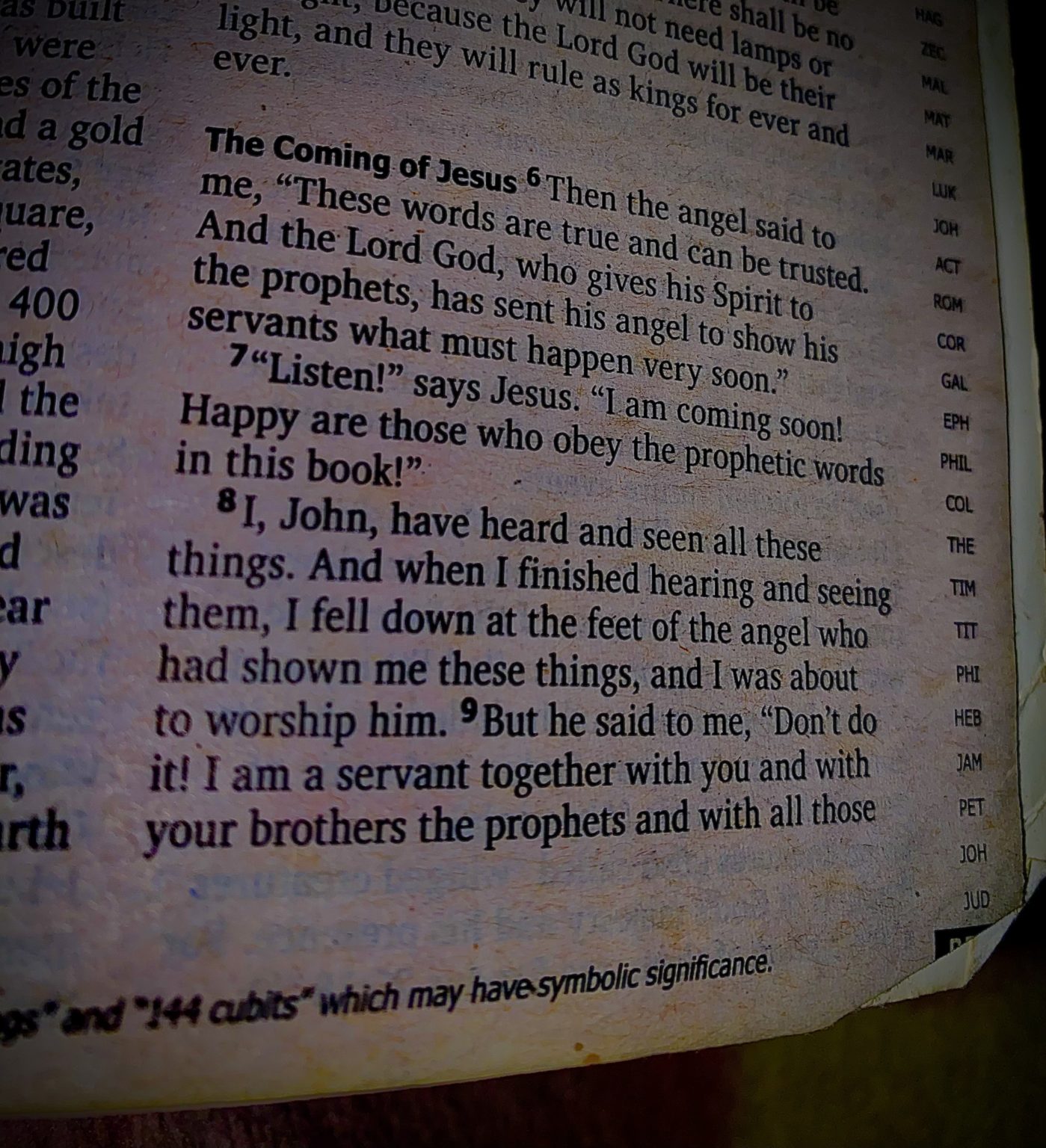By Simthandile Ngcobo
The digital space is abuzz with a modern-day prophecy, as social media platforms become the stage for a new wave of apocalyptic anticipation. The hashtag #RaptureTok is trending globally, fueled by a prediction that the world as we know it will end on September 23 and 24, 2025. This online phenomenon has created a stark divide, putting sincere faith against satirical skepticisms and turning platforms like TikTok into a virtual battleground of belief.
The source of this digital earthquake is a claim from South African pastor Joshua Mhlakela. In a video that spread like wildfire, Mhlakela states he received a direct vision from Jesus Christ, revealing that the Rapture, an event where believers will be “snatched away” from earth and into heaven.
https://vt.tiktok.com/ZSDoBLqKq
For the non-religious, the Rapture is a theological concept popular in most evangelical Christian traditions. It foresees a moment when faithful Christians, both living and dead, will be miraculously taken up to heaven, thereby escaping a future period of global catastrophe.
A significant portion of users are treating the prophecy with grave seriousness. The concern extends beyond themselves, with many creating “care packages” for those they believe will be left behind, containing Bibles and letters of guidance! A particularly heartfelt trend involves pet owners expressing deep anxiety, praying for their beloved dogs and cats to be included in the “heavenly ascent”.
In stark contrast, the prediction has become a massive source of social media humour. People blowing trumpets to scare their neighbours and some already making videos claiming that they are already in heaven, showing a white hue background to push the rapture predictions as true.
As the clock ticks down, the #RaptureTok prediction continues to captivate millions. While history suggests life will proceed as usual on September 25th, the trend stands as a powerful testament to how ancient beliefs and modern technology collide, creating a unique snapshot of faith, fear, and farce in the 21st century (Digital Trends Today, 2025).

